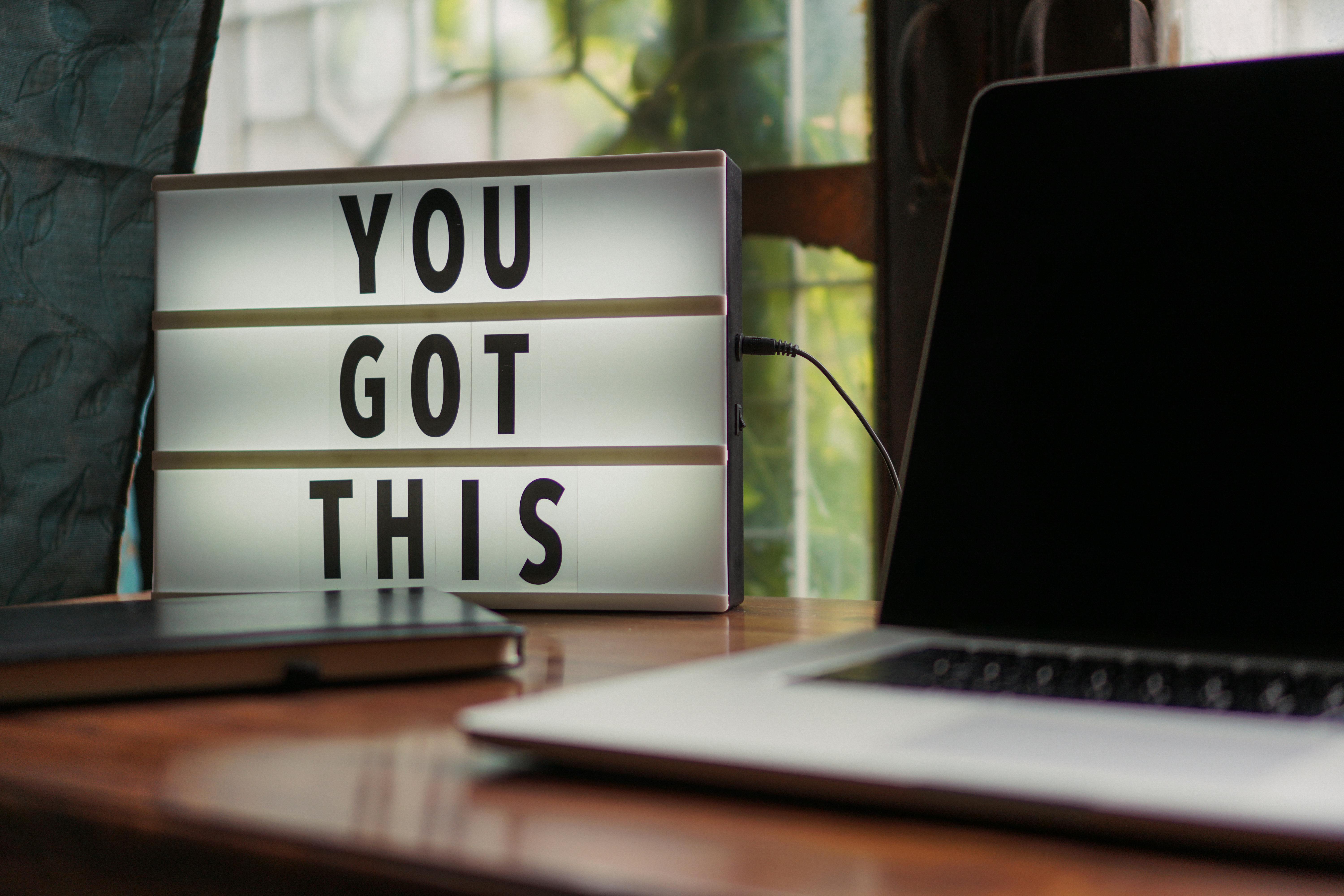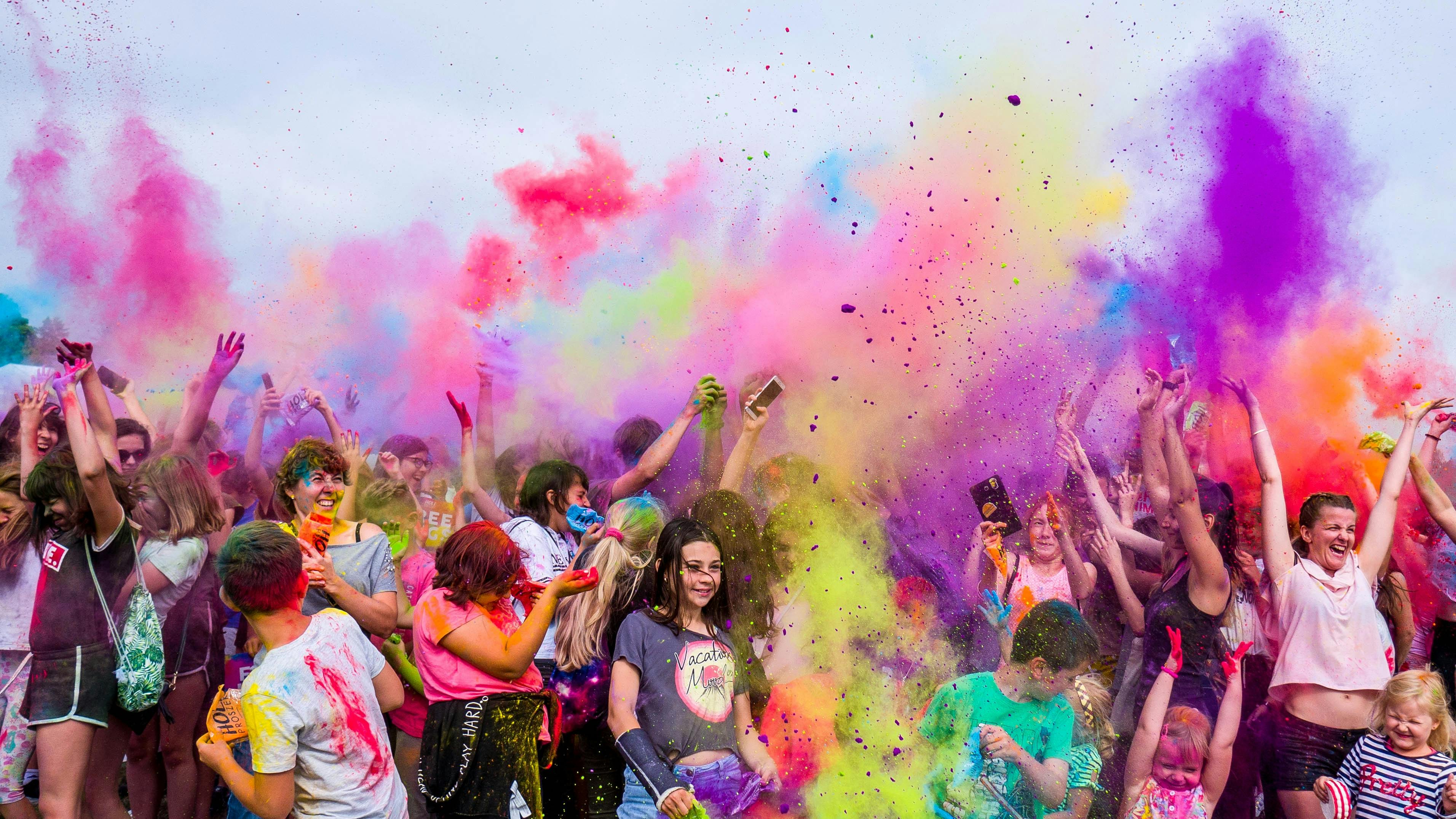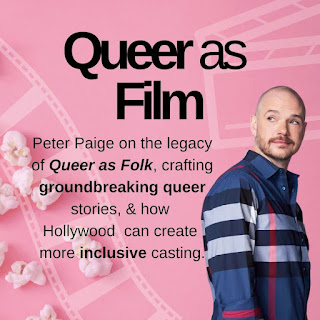Resolutions: A Reflection on Life Cycles
January is the time when we all gleefully lie to ourselves about the people that we are definitely going to become for the next twelve months, completely forgetting the people we've been for the last [insert number of years you've been alive here]. It's part of this annual ritual called New Year's Resolutions. A few years ago I became one of those snobby people that declared that their New Year's Resolution was to resolve not to make a New Year's Resolution. However, I've since come to believe that there's a certain level of necessary reflection that should take place every once in a while, and January is as good a time as any to do it.
A resolution is typically a goal - stereotypically, it's a goal to drastically change your life in a way that you believe will turn you into your ideal self. Out of the top 10 most common resolutions made in 2020, 3 of them are in the realm of body transformation, another 3 are regarding getting your finances in order, and the others have to do with "self-care" - meditating, getting more sleep, etc.
Last year I made the first resolution I'd made in a few years, and I stuck to it...for the most part. I think the reason why I felt my 2019 resolution was a success was due to the fact that I didn't have a goal in mind; I had a behavior I needed to change. I realized that I'd let the internet - and social media in particular - keep me in a constant state of anger and anxiety. The 24-hour news cycle is built to keep you engaged, and if the topic isn't sexy it must instill fear and vice versa in order to keep you hooked. Couple that with the notion that every single person with access to the internet feels they are entitled to your time, attention, and an on-demand debate, it was too much for my mental health. So, in 2019, I decided I was going to let people be wrong on the internet.
That's all.
I didn't want to lose 100 pounds. I didn't want to become debt free or put thousands away in savings. (But...seriously...if you have thousands of dollars in a savings account anywhere...are you a dragon or something? Do you have a hoard somewhere? What is your secret? It's a trust fund, isn't it...) I simply wanted to unlearn a very specific behavior: not everyone needed to see the world exactly how I do.
I was the kind of kid that had one of those weird tics that annoy the living daylights out of everyone around them. I automatically, without hesitation or thought, corrected the grammar of every single human being around me. I could diagram the sentence you spoke, tear it apart, piece it back together, and inform you of all the bits you got wrong before you could finish your next thought. I like to believe that I was a Matilda type child - overly intelligent, under stimulated - that funneled all that unused intellect into fancy showing off of how very smart I was. I thought this would impress people around me, set me apart from my fellow small town citizen.
It did not.
It pissed people off.
But I used to believe that I was in the right engaging in this juvenile behavior. The reason at this point is beyond me. I can only attribute it to the hubris of the young. Sure, a young person that you could argue had all sorts of reasons to behave in a way that made him feel superior to people that aided in his trauma, but that's another post for another day. Suffice to say that I learned a set of behaviors early on that made me a young adult with a penchant for needing to be right. All the time. I had to make the best point with the best information and find all the fiftyleven ways in which you were wrong. I was insufferable.
Yes, I realize that "was" is subjective.
Over the years the thing that I've had to learn the hard way is that you cannot make sweeping, drastic personal change without first identifying the behavior that is at the root of it. For me, I realized that I took intellectual disagreement as a challenge, that I had to prove I was right and furthermore prove my opponent was wrong. I also had to unlearn that people aren't opponents, and that social media is not a battleground.
I'm not a therapist, but I've spent a fair amount of time in therapy at this point and one crucial piece of information I've learned is that the thing you want to change isn't usually the thing that needs to change. Making a list of resolutions like I will lose X amount of weight or I want to save X amount of money is less about the actual thing coming to fruition and more about an underlying insecurity you need to resolve. Losing weight and saving money, for example, typically hover around the same internal struggles of self-love, security, acceptance, and mental health. Having more money isn't about the accumulation, but about the stability it can provide you and your family. About the access it can create and the opportunities it can bring. If your resolution has some kind of number attached to it, like the above two, failure tends to stem from a misunderstanding of why you are doing the thing you are doing.
Resolutions should be about you, your needs, and your happiness. Not about wanting to achieve what you think someone else you admire has achieved. Not about increasing a follower count. Simply about you, your needs, and what makes sense for you.
This year I've decided to expand and make a few resolutions. The most visible one is...still in regards to social media. In a truly revolutionary decision, the likes of which nobody in all of recorded history has ever done before, I have decided to surround myself only with people who inspire me in a positive way.
I'm not a therapist, but I've spent a fair amount of time in therapy at this point and one crucial piece of information I've learned is that the thing you want to change isn't usually the thing that needs to change. Making a list of resolutions like I will lose X amount of weight or I want to save X amount of money is less about the actual thing coming to fruition and more about an underlying insecurity you need to resolve. Losing weight and saving money, for example, typically hover around the same internal struggles of self-love, security, acceptance, and mental health. Having more money isn't about the accumulation, but about the stability it can provide you and your family. About the access it can create and the opportunities it can bring. If your resolution has some kind of number attached to it, like the above two, failure tends to stem from a misunderstanding of why you are doing the thing you are doing.
Resolutions should be about you, your needs, and your happiness. Not about wanting to achieve what you think someone else you admire has achieved. Not about increasing a follower count. Simply about you, your needs, and what makes sense for you.
This year I've decided to expand and make a few resolutions. The most visible one is...still in regards to social media. In a truly revolutionary decision, the likes of which nobody in all of recorded history has ever done before, I have decided to surround myself only with people who inspire me in a positive way.
Re - vo - lu - tion - ary
I've noticed that my social media feed didn't serve the legacy I want to leave behind. Following thirst traps or influencer style accounts filled with beautiful people who don't seem to have any job other than being a professional vacationer isn't inspiring. I want to feel challenged. So I'm following more poets, writers, readers, artists, doodlers, photographers, and...sure...still a few fitness accounts - but only those that focus less on the thirst trap and more on the instructional or informational or inspirational. I don't aspire to be pretty; I aspire to be of substance.
Last year I spent a lot of time in therapy working on anxiety, and the one tool that worked was to focus on a plan. When I am concerned about money or time or relationships or all the other different teeny tiny things that can send me into an anxiety spiral, I focus on The Plan™️. The plan for each kind of spiral is different. If I'm having an anxiety spiral about money, I need to first get into a space where I can breathe and calm down enough to get out a pen and paper and write all the steps I have in place to get me and my family where we want to be. I also write out all the wins we've had along the way to get where we are. Understanding that life is not a series of big moments, but more all the small waiting periods and hard work and luck and opportunity in between those big moments helps to ease my anxiety. It allows me to understand that there are far more things under my control than I realize, and further gives me permission to worry less about the things outside of my control.
Being able to pivot when life gives you a pile of shit is an invaluable skill that I'd really, really like to master. I feel pretty good about my ability to do it these days, but I need to spend at least 1 full day in a full blown freak out before I can put all those little pieces back together and move forward.
All this to say that so much of our culture right now is trying to market this idea of self-care. Milkshakes are self-care. Netflix is self-care. "Cutting out toxic people" is self-care. Green tea is self-care. The term has been so stretched that it has become a green light to whatever behavior in which you wish to engage. If I want to lay around my house all weekend in a blanket cocoon, that's self-care.
Feel free to hate me all you want, but that's not self-care.
That's self-soothing.
Those are the behaviors you engage in when you are not in a good place and need to do things that make you happy and calm in order to get to a place where you can practice self-care. Self-care is getting to those base levels in the Hierarchy of Needs and figuring out what's missing and how you can fix it. Self-care is unpacking your years of self-hatred, internalized homophobia, racism, anxiety, insecurity, Being On High Alert All The Time, etc. and doing the uncomfortable work of unlearning them. Self-care isn't fuzzy; it's hard. It breaks you down and builds you up stronger. And the problem that many people have when making resolutions is they are engaging in self-soothing rather than self-care.
I realize that we're in 2020 already, and that the idea of making a resolution now feels weird, but let me go ahead and give you permission to believe that resolutions aren't more real if they're made on December 31st. Statistically, they're worse. Instead of continuing in a life cycle of disappointment wherein you set an end goal and get so frustrated you quit, unpack what it is about that goal that you're trying to achieve. Do you want to be a great artist so that you can get more instagram followers, or so that you can engage in an activity that gives you pleasure? Do you want to lose weight so you can look like a model, or are you wanting to feel confident? Does confidence really come with a specific number on a scale, or are there other behaviors you can engage with in addition to living your own version of a healthy lifestyle that can aide in that confidence building?
I hope that 2020 is a year of clear vision for you - and yes...that is as close to a pun as I will ever allow myself to write. I hope that you take the time to set goals for yourself that are purposeful, intentional, and have absolutely nothing whatsoever to do with what other people expect you to look or live.
Have YOU set any goals for the year? Leave a comment below!
Love and Lyte,
Fire Lyte







Comments
Post a Comment